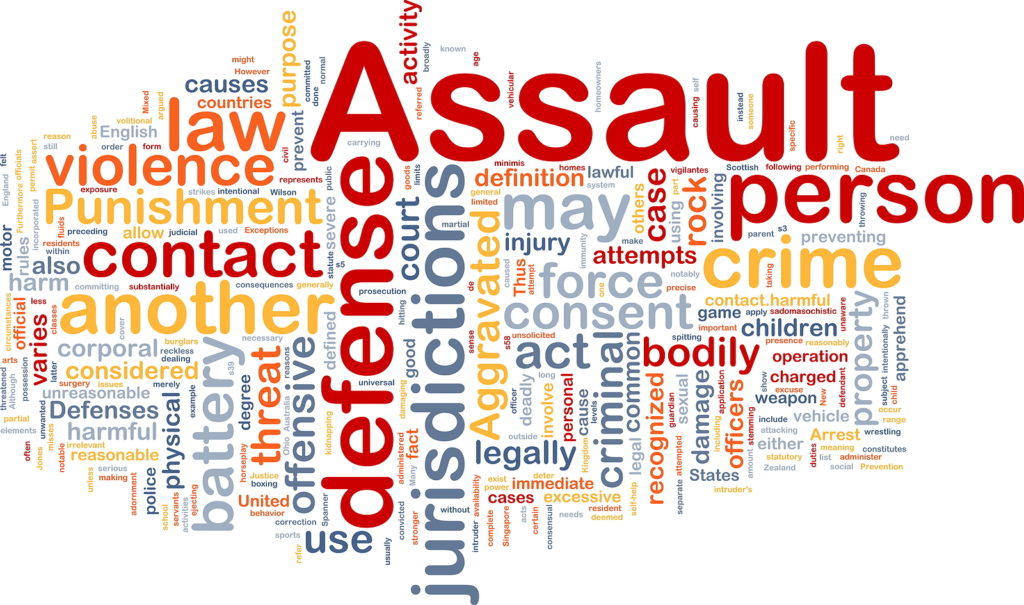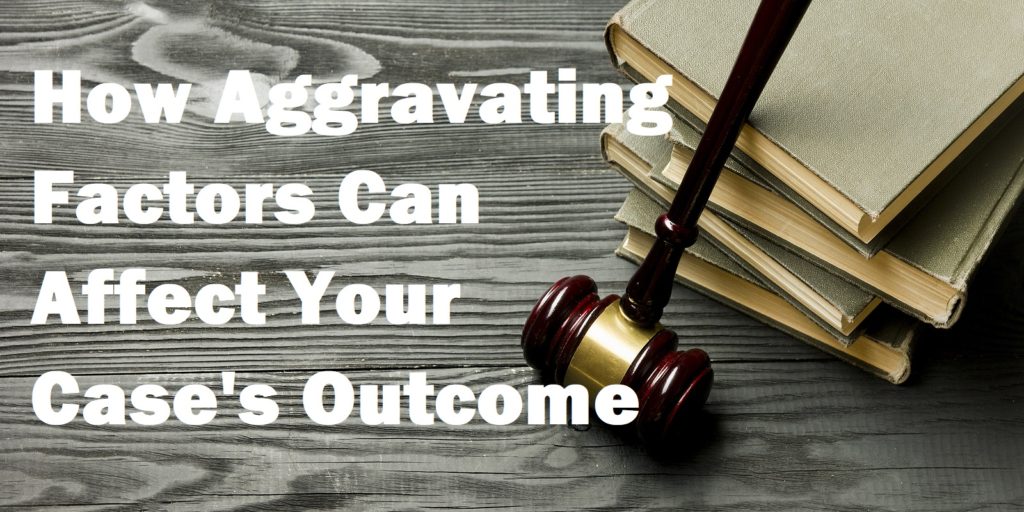When a police officer decides to pat you down or frisk you, are they within their rights in all cases? Are they allowed to stop and frisk at their own discretion? Without any merit? Continue below to learn what you need to know about cop stops and pat downs, including how to defend your criminal charges if you were just arrested after a similar police encounter.

Detention and Search
What’s commonly referred to as a stop and frisk is also known as a detention and search. Because of the Supreme court decision handed down in the Terry versus Ohio (1968) case, they are also called Terry stops or Terry frisks. No matter the moniker, this type of police encounter occurs when a cop decides that a person might be committing, or has recently just committed a crime and asks them to stop and answer some questions. This is the detention part, which is not the same as being under arrest (Fourth Amendment). As for the search, police officers will pat a person down to check for illegal drugs, weapons, contraband, or paraphernalia.
Police Officers Must Have Probable Cause
Cops are not permitted under law to stop just anyone they want at any time for no reason at all. Police officers must have probable cause to stop and question a person. To arrest them, they must have probable cause or a warrant. Probable cause can mean a lot of things, including evidence, witness statements, and suspicious behavior. This means that cops can find probable cause at their own discretion.
So, although it might seem like a police officer stops someone for no reason, professional training and strategies used by law enforcement can allegedly spot the signs of suspicious or criminal behaviors. Upon being stopped by a police officer for reasons of suspicion, you can expect a pat down to follow, as this is normal procedure to check for threats or weapons.
If a cop detains a person without reasonable cause, the arrest and charges would be inadmissible in court.
Am I Free to Go or Not?
If a person is stopped by police for questioning, whether or not they are free to leave depends on the cop’s behavior and communication. If a cop is touching you, has their weapon out, or using a harsh tone of voice, then you are NOT free to leave. In these situations, you are being detained by police and cannot leave at your own discretion.
Confused? Don’t be. Typically, you will just feel it; you will know that you are or are not allowed to stop the conversation and walk away from a cop who is questioning you. If you ask the cop if you are free to leave and they answer yes, then you can end the discourse and walk away without repercussion.
Are you facing Indiana criminal charges after being stopped by a cop on the street? Contact the Law Office of David E. Lewis at 317-636-7514 for aggressive Indianapolis Indiana criminal defense you can afford.
You Might Also Like:
Examples of Unlawful Search and Seizures
Do I Have to Consent to a K9 Sniff Search?
Is it Illegal to Insult a Cop?










